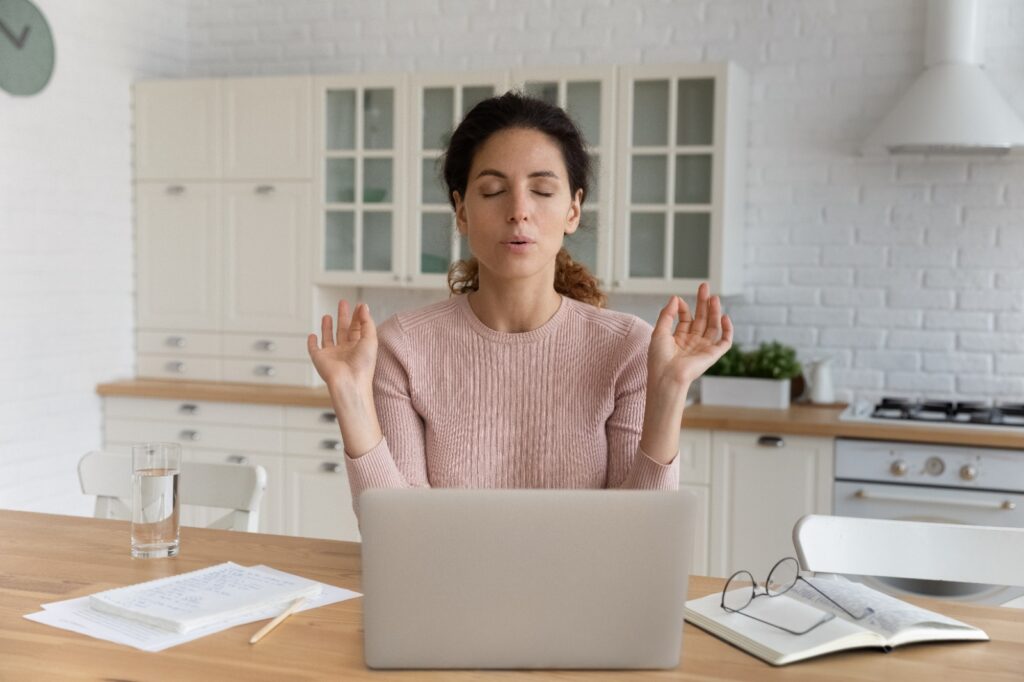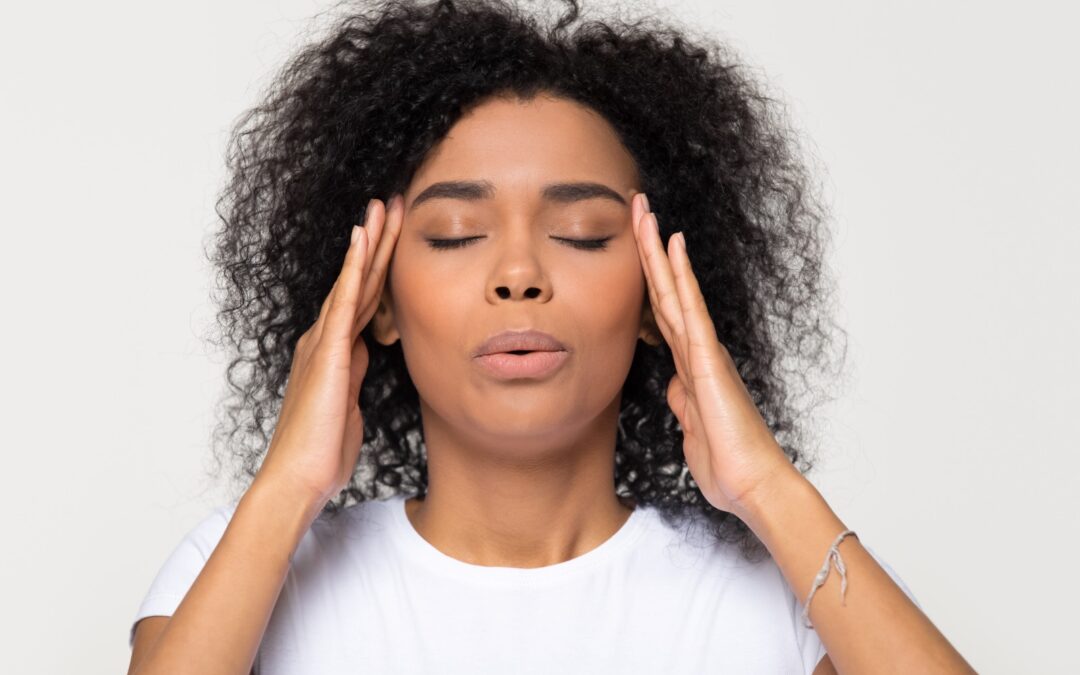Anxiety, a relentless intruder in our lives, can cast a long shadow over our days. It’s a complex emotion, often manifesting as a whirlwind of worry, fear, and physical discomfort. While it is a normal human experience to feel anxious at times, when it becomes chronic and debilitating, it can significantly impact our quality of life. This is where mindfulness steps in – a powerful tool to help us navigate the stormy waters of anxiety.
Understanding Anxiety and Mindfulness
Before we dive into the specifics, let’s clarify what we mean by anxiety and mindfulness. Anxiety is a natural human response to stress, but when it becomes excessive and persistent, it can interfere with daily activities. It is a complex interplay of biological, psychological, and environmental factors.
Mindfulness, on the other hand, is the practice of being fully present in the moment, without judgment. It is about acknowledging your thoughts and feelings without getting caught up in them. It is a shift from being on autopilot to actively engaging with your experiences.

The Science Behind Mindfulness and Anxiety
Numerous studies have demonstrated the effectiveness of mindfulness in reducing anxiety symptoms. When we practice mindfulness, we activate specific areas of the brain associated with attention and awareness, which can help to calm the anxiety response. Moreover, mindfulness has been shown to increase resilience, helping us cope better with stress and challenges
How Mindfulness Works Its Magic
Mindfulness operates on several levels to alleviate anxiety:
- Breaking the Worry Cycle: Anxiety often involves a relentless cycle of negative thoughts. Mindfulness helps us observe these thoughts without getting entangled in them, breaking the cycle and creating mental space.
- Grounding in the Present: Anxiety tends to pull us into the future, focusing on potential threats. Mindfulness anchors us in the present moment, reducing the intensity of anxious thoughts.
- Increased Self-Awareness: By observing our thoughts and feelings without judgment, we gain valuable insights into our anxiety patterns. This self-awareness empowers us to develop effective coping strategies.
- Cultivating Acceptance: Mindfulness teaches us to accept our experiences, including anxiety, without resistance. This acceptance can reduce the emotional burden of anxiety.
- Reducing Stress Response: Regular mindfulness practice can help downregulate the body’s stress response, leading to a calmer and more relaxed state.
Mindfulness Techniques for Anxiety Relief
There are various mindfulness techniques you can incorporate into your daily life:
- Deep Breathing: Simple yet powerful, deep breathing helps to calm the nervous system.
- Body Scan Meditation: Focusing on different parts of your body can ground you in the present moment and release physical tension.
- Mindful Walking: Paying attention to your senses while walking can be a meditative experience.
- Mindful Eating: Savoring each bite and focusing on the taste and texture of food can reduce stress.
- Journaling: Reflecting on your thoughts and feelings in a journal can help you gain perspective and process emotions.
Mindfulness for Children and Teens
Mindfulness can also be beneficial for children and teens struggling with anxiety. Engaging in age-appropriate mindfulness activities can help them develop coping skills and emotional resilience.
Incorporating Mindfulness into Daily Life
While formal mindfulness practices like meditation are valuable, you can also integrate mindfulness into your daily routine. Start with small steps and gradually increase your practice time. Remember, consistency is key.
- Mindful Breathing: Take short breaks throughout the day to focus on your breath.
- Mindful Eating: Pay attention to the taste, texture, and smell of your food.
- Mindful Movement: Engage in physical activities like yoga or dancing with a focus on the present moment.
- Mindful Listening: Fully engage in conversations without distractions.
- Mindful Observation: Practice observing your surroundings with curiosity and openness.
Seeking Professional Help
While mindfulness is a powerful tool, it’s essential to remember that it’s not a replacement for professional help. If anxiety is significantly impacting your life, seeking guidance from a mental health professional can provide additional support and coping strategies.
By incorporating mindfulness into your daily life and seeking professional help when needed, you can take significant steps toward managing anxiety and improving your overall well-being. Remember, it’s a journey, and progress takes time. Be patient with yourself, celebrate small victories, and prioritize self-care.
At Insights Psychology, we understand the challenges of anxiety and are committed to helping you find relief. Our experienced therapists offer a range of therapeutic approaches, including mindfulness-based therapies, to address your unique needs. Whether you prefer in-person sessions at our Woodbury or Bloomington clinics or the convenience of telehealth available in all thePsyPact-approved states, we are here to support you on your journey to well-being.
You can also read our article on: How to Help a Teenager with Anxiety Disorder

